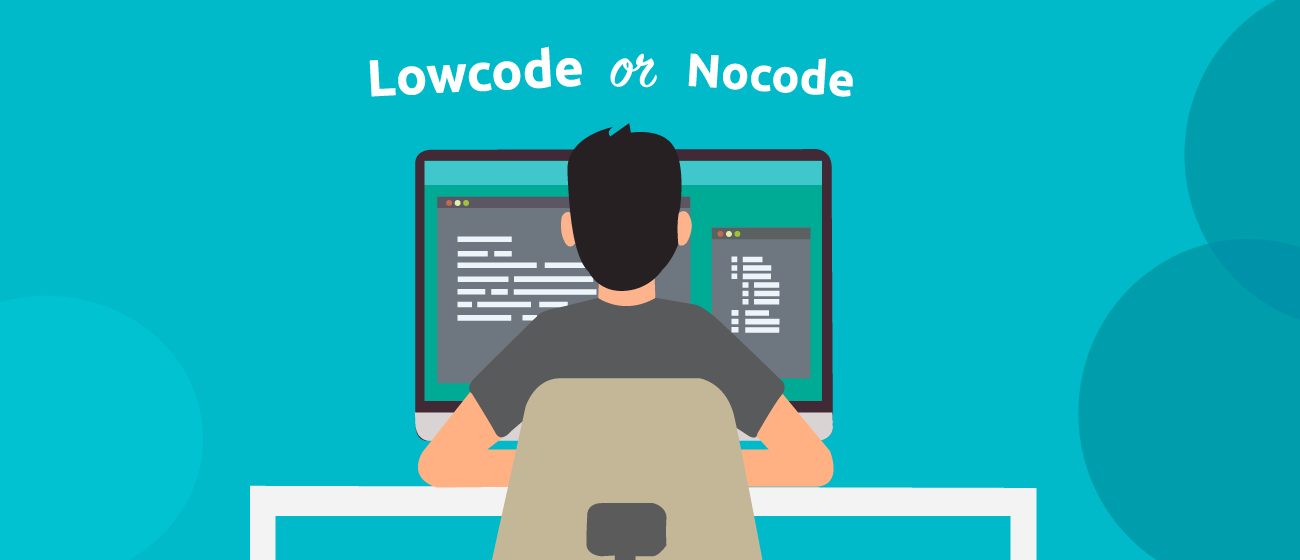
Organizations are transforming their IT landscape from standard software packages to applications based on low code or no code on an increasing level. But what’s the difference between lowcode and nocode?
—
Lowcode and nocode platforms are popular. They are in line with the digitization of today. There’s a high demand for developers, which means that many companies have shortages. Thanks to lowcode and nocode, developers can develop web apps and mobile apps faster. An application can often be built within a few days that solve a problem immediately. This minimal viable product can be deployed quickly, provides feedback for future development, and can be further refined. This way, there is more focus on innovation and developers spend less time debugging.
The similarities…
Lowcode and nocode share many similarities. They are both part of software development, which starts at nocode, then flows through lowcode and ends with full code. Both lowcode and nocode make developing software easier and faster by developing through a graphical interface with drag and drop tools. Aspects such as data structures, dependency management, testing, and deployment will be done automatically.
The graphical interface makes programming through lowcode and nocode platforms easier than traditional programming. It is easier to learn and also enables you to build applications faster. Once the application becomes too complex, that’s where the difference between lowcode and nocode is noticeable.
The differences…
Nocode platforms focus on innovation. Users are enabled to build applications out of their ideas themselves. These so-called “citizen developers” drive innovation throughout the company. Citizen developers have no knowledge of programming, yet have affection with Excel. Thanks to nocode they are able to take the extra step.
This all sounds promising yet there’s many limitations to not being able to use code. Once an application gets too complex there will be a need for IT developers that can make the “proof of concept” into an operational application. Low code enables this step further.
Lowcode platforms focus on making application development easier and faster. Same as for nocode, they enable everyone to create applications, yet give the extra option to extend anything with custom code. This creates the same freedom and flexibility as traditional programming offers yet speeds up the programming time of developers dramatically.
With this extra quality lowcode offers, the costs for using lowcode platforms are usually higher than nocode platforms. BizzStream is a lowcode platform, yet similarly priced as nocode platforms. So we like to call this a misconception.
Are you interested in what lowcode can mean for your company? Feel free to contact us.

Name:Bas de Groot
Function:Marketing manager
Company:BizzStream